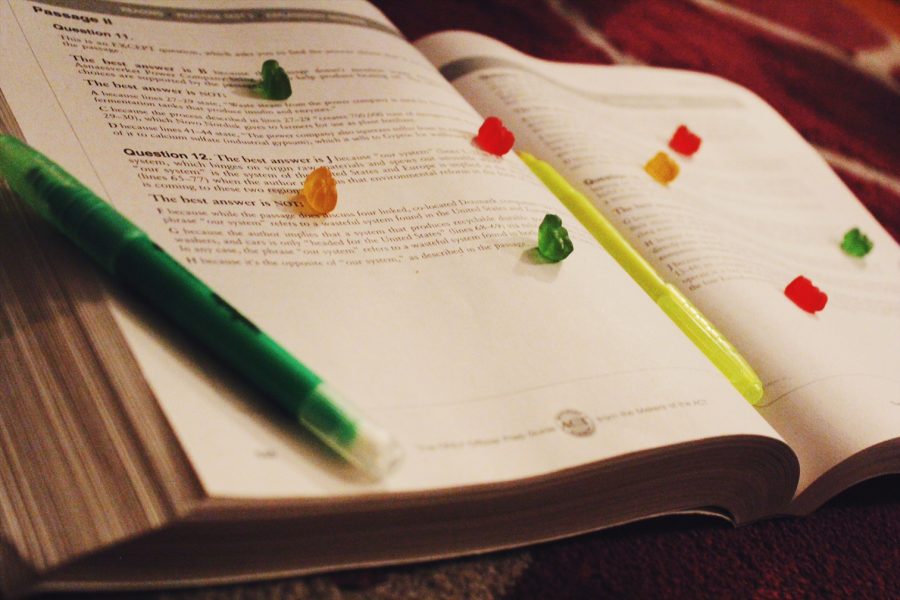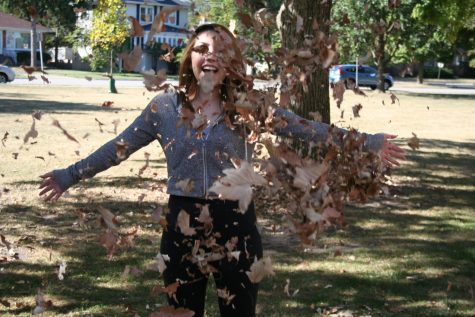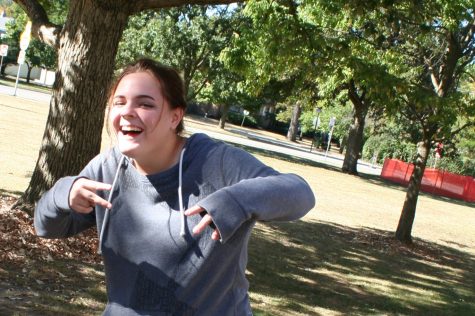Survival Guide: Finals
December 12, 2016
Final exams at RB start on December 20th this year, but they will be here before we know it. Everyone has heard of eating healthy, sleeping the eight hours, rewriting everything thirty times, etc. Instead of stressing you even more with cliché tips on how to study for the exams, here are seven unconventional tips you have probably never heard of before:
1. Smell back your memory: Use scent as a memory refresher. Apply a unique scented hand sanitizer or lotion only when studying. When it is time for the exam, apply it once again. It is highly likely that the scent will jog your memory.
2. Or, taste it: Have you ever seen weird flavored gum, like popcorn flavor or root beer float flavor? It can probably save your exam score. Chewing an unusual flavored gum while studying, and then chewing the same flavor while taking the test works the same as the unfamiliar scent.
3. Get a grip–literally: A 2013 study showed that clenching your hands activates the sides of the brain which handle the functions of memorizing and recalling. The right hand activates the left side of the brain which helps memorize information; the left hand activates the right side which helps recall. Basically, your fists can make it easier to remember information.
4. Study before bed: If it is the last thing you think about before you sleep, the information will likely soak up. This works similarly to listening to a song before sleeping and having it stuck in your head the morning after.
5. Acronyms: If it is necessary to memorize the order of something, a formula, or even a name, make an acronym of the initial letters of each word. Then, make up a sentence with words starting with the same first letters. It is okay if it is extremely weird, as long as you remember it on the day of the exam.
Here is an example:
Q: What are the three types of homelessness?
Remember your sentence: Everybody Tastes Chocolate
You will likely remember what your sentence stands for (episodic, transitional, chronic).
6. Let your hair down: Avoid tight hair ties and head bands. According to neurologist Stephen Silberstein, tight hair accessories can pull on connective tissue in the scalp, which can lead to headaches and (more) stress–an enemy to concentration.
7. Treat yourself: If studying with a textbook, create a trail for yourself; place gummy bears on each paragraph or page you need to read. You can also watch an episode of your favorite show after 30-50 mins of studying. Take breaks!
ㅤ
These are only a few tips for more effective studying. After all, only you know what works best for you.



